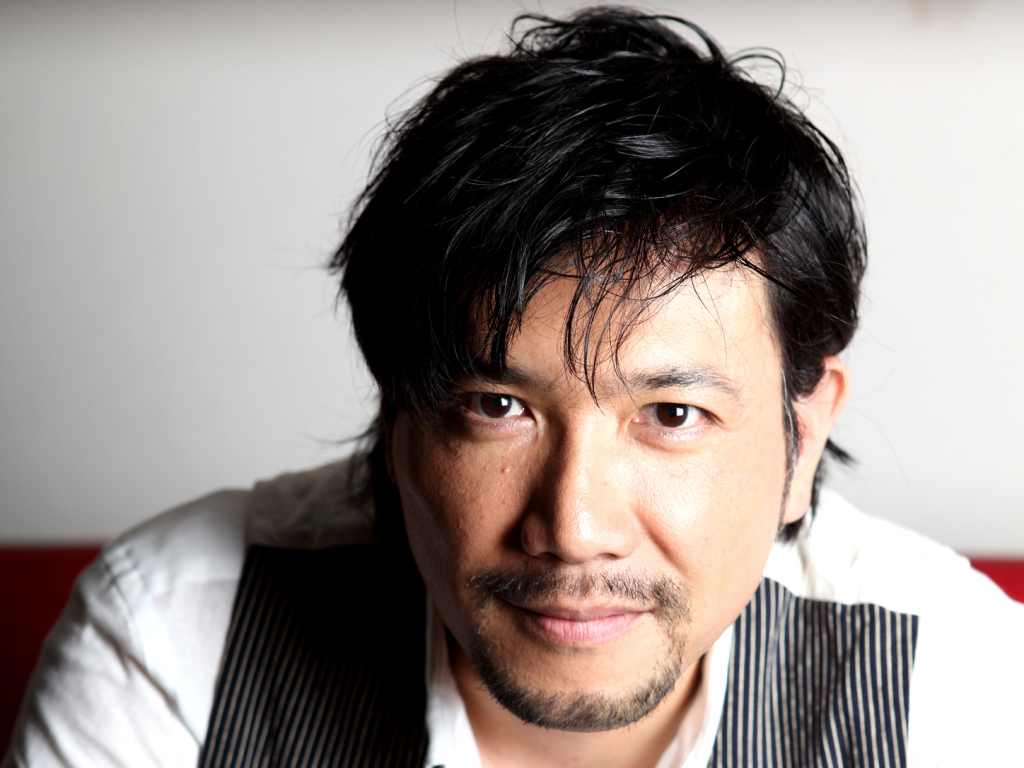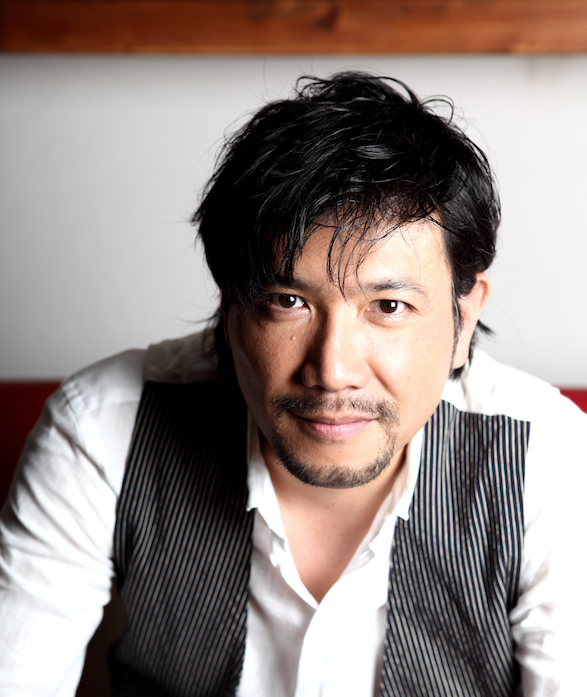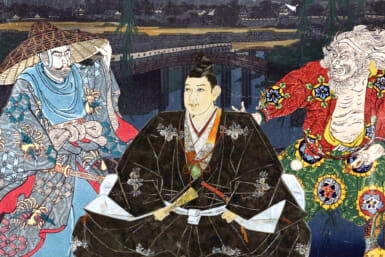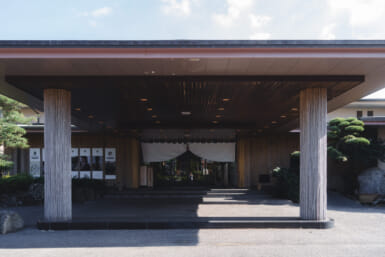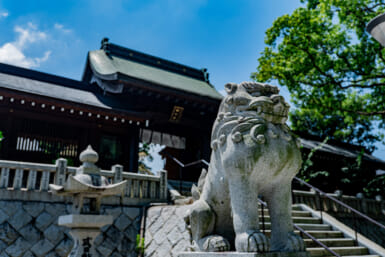This year, the Short Shorts Film Festival (SSFF) celebrates its 20th anniversary. As the increasingly popular festival kicks off in Tokyo this week (ends June 24), we chat with founder Tetsuya Bessho about how the festival has grown and the best piece of advice he received along the way.
Why did you want to start the Short Shorts Film Festival?
That story goes back all the way to 1997. I was already over 30 years old and, to find myself, I took a long break from work and went to Los Angeles. That’s where I encountered short films for the first time. At first, I had some preconceived notions about them and wondered, “What’s the point of short films…?” But once I finally saw one for myself, I realized it’s not the length of a movie that matters. I was excited when I learned that Western film culture was based on animators, famous directors, and actors cutting their teeth on movies through short films. I was fascinated by it all and thought I should share the wonder of short films with Japan. I chose to create a film festival after attending the Sundance Film Festival. It had a great vibe where directors and viewers could meet face-to-face, and the likes of (not yet famous) Ben Affleck and Christina Ricci talked to attendees with a coffee in one hand. I thought that was an appealing aspect of the event.
How nervous were you when you first launched the festival in 1999? And how did it go?
It was the first time doing it, so I was of course very nervous. During the three days we were open, we had about 8,500 people coming through.
George Lucas was there that year. Did he give you any advice?
I thought he was a sociable entertainer. He was in Japan promoting Star Wars: Episode I. I had an interview with him at his hotel and handed him an invite to a party that was being held that night, but I didn’t think he would really come. To my surprise, he came. I was thrilled and so excited. As someone who has made it, he was magnanimous enough to look at those of us trailing behind and give us a chance. I’m so grateful to him. As for advice, he told me, “Everyone has to start somewhere. We will cheer you on as you leave that starting line.”

Tetsuya Bessho with George Lucas in 1999
Why did you decide to expand and launch SSFF Asia in 2004? How pleased were you with the reaction that year?
During the reception of SSFF, Shintaro Ishihara, the Tokyo Governor at the time, came to support us, and said, “Bessho, please establish an Asia branch and spread the creators to the world.” That was the beginning of everything, and it all happened suddenly without any advanced arrangements. I think the staff all thought we were joking in the beginning. [Laughs] SSFF Asia has marked its 15th year now, and every year the number of applications is increasing, as is the quality for each film. The first time a Japanese movie director received the Grand Prix award at a film festival was in 2008, and the first Japanese woman to receive the same award was in 2012. Last year, a female movie director from Myanmar received the Grand Prix. To tell the truth, the most exciting film festival may be the competition between the Asia and Japan categories. There are countless movie directors who make a spectacular long-film debut after the creating a short film. One of the best parts of the film festival is searching for these talented filmmakers.
That same year SSFF were recognized as a qualifying festival in the short film categories at the Oscars. How important was that for the festival? How did it make you feel?
How people perceived us changed, and there was an increase in the number of applicants. The film that received the Grand Prix now has a chance of being nominated in the short film category for the Oscars, and I am very pleased that I was able to create a bridge between the Japanese movies and the Oscars. Of course, I was happy that the film festival was officially qualified, but what made me more surprised was that this happened only five years after we launched.
For nine years, part of SSFF was held in Mexico City. Why did you choose Mexico, and how was the festival received there?
It started after Jorge Magana Molina from the Mexican Film Institute became one of the judges in 2005. Jorge was very pleased with SSFF, and said he wanted to hold the event in Mexico. For the first five years, the screening program was decided by SSFF, but after the sixth year we started to have competitions unique to the film festival. We were able to receive support from the Japan Foundation. At the same time, Mexican film directors such as Alfonso Cuarón and Guillermo del Toro started to rise in popularity in Hollywood. In Mexico, people’s passion towards movies started to increase, and they were extremely engaged with the event even from the first year. In addition, the venue was filled with enthusiasm, with a festive Latin mood.
Today, SSFF features programs that collaborate with countries from all over the world. This year, we are featuring Swedish short films to celebrate the 150th anniversary of the establishment of diplomatic relations between Sweden and Japan. We also have programs related to the Taiwan Gala Festival and Korea’s Asiana International Short Film Festival. Even if you have never been to these countries, you can have a cinema-travel-experience after watching the films set in these destinations.
How has the festival grown?
We had around 30 movies published at the beginning, and it has grown to more than 250 nowadays. We also had the most applicants ever this year – more than 10,000 productions from over 130 countries and regions.
Why did you decide to launch the George Lucas award this year?
We have always admired Mr. Lucas and – as previously mentioned – he has supported us from the very beginning of this festival. Under his support and encouragement, the festival is welcoming its 20th anniversary this year. To celebrate the anniversary, we have decided to name an award after Mr. Lucas, a legendary director who breaks the boundaries of movie making, and makes movies a cultural feast.
For more information on the Short Shorts Film Festival 2018, see our event listing.

